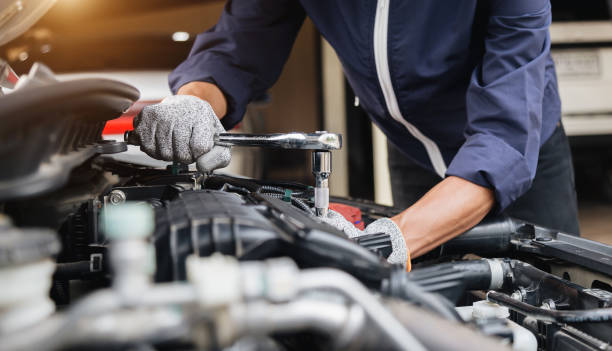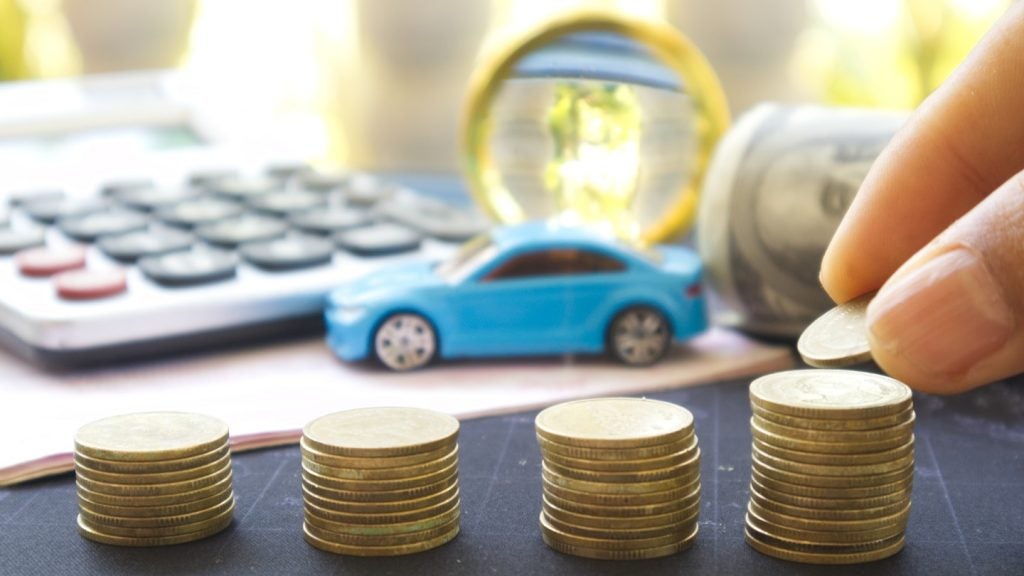• Sales of new cars rose 11.4 percent in September, to reach
367,378 units as the benefits of the scrappage scheme were felt by
car dealers across Britain. This is the third monthly increase in
new car registrations as consumers took the chance to buy a new
59-plate model.
• Altogether, 181,117 vehicles have been registered
under the scrappage scheme since its start. Scrappage accounted for
21 percent of September new car registrations with 77,316 units.
The momentum for new car sales under the scrappage incentive scheme
has continued in September, according to figures released by the
Society of Motor Manufacturers and Traders (SMMT).
In the month, one in five or 77,316 new cars were
registered using the scheme, taking the tally since its start in
May to 178,278. In the commercial vehicle sector, a total of 2,839
vans have been registered since the scheme began and 1,023 in
September, accounting for 3.6 percent of overall van registrations
in September.
• The number of new cars made in the UK fell 31.5
percent in August from the same month a year earlier, industry
figures have shown. There were 56,737 vehicles made in the UK last
month, the Society of Motor Manufacturers and Traders (SMMT) said.
But the number of cars built for the UK market reached a 4-year
high as the car scrappage scheme boosted sales.
• The five biggest European new car markets grew
volumes in August. The total European market for the month rose by
6.2 percent. Germany (+28.4 percent), Italy (+8.4 percent), France
(+7 percent), UK (+6 percent), and Spain (0.7 percent) all
experienced year-on-year growth in August.
• Estimates within the automotive industry say that
the government could be set to make £100 million profit as a result
of its car scrappage scheme. Introduced to try and help the
beleaguered industry following the credit crisis, the scrappage
scheme has led to an estimated 20 percent boost in sales, reports
the Daily Telegraph. The amount of VAT the government collects on
many of the deals is greater than the £1,000 subsidy it gives to
the owner of a ten-year-old car to buy a new model. With government
money for the scheme expected to run out in the coming months, the
treasury could potentially make £105 million more from the scheme
than it has invested in it.
How well do you really know your competitors?
Access the most comprehensive Company Profiles on the market, powered by GlobalData. Save hours of research. Gain competitive edge.

Thank you!
Your download email will arrive shortly
Not ready to buy yet? Download a free sample
We are confident about the unique quality of our Company Profiles. However, we want you to make the most beneficial decision for your business, so we offer a free sample that you can download by submitting the below form
By GlobalData• Nearly nine months after the introduction of the
government Automotive Assistance Programme (AAP), the scheme has
its first customer. Under its £2.3 billion programme, it has
decided upon a £10 million loan to Tata Motors. Tata, which owns
Jaguar Land Rover, will receive the money to help in its plans to
develop and manufacture Tata-branded electric cars in the UK.
• Prices for used cars have stabilised, and there
is now the prospect of falls in values during the final quarter of
the year, according to the valuation team at Glass’s. Tighter
margins, the influx of September ‘plate-change’ trade-ins, and the
onset of a quieter sales period have contributed to the halt in
trade price rises, following an increase of 30 percent for
mainstream models during the last twelve months.
• The total number of
insolvencies within the automotive industry fell by 18 percent to
0.09 percent during August in comparison to the same month last
year. There were 31 insolvencies in the sector during August
and there have been 357 in total this year.






